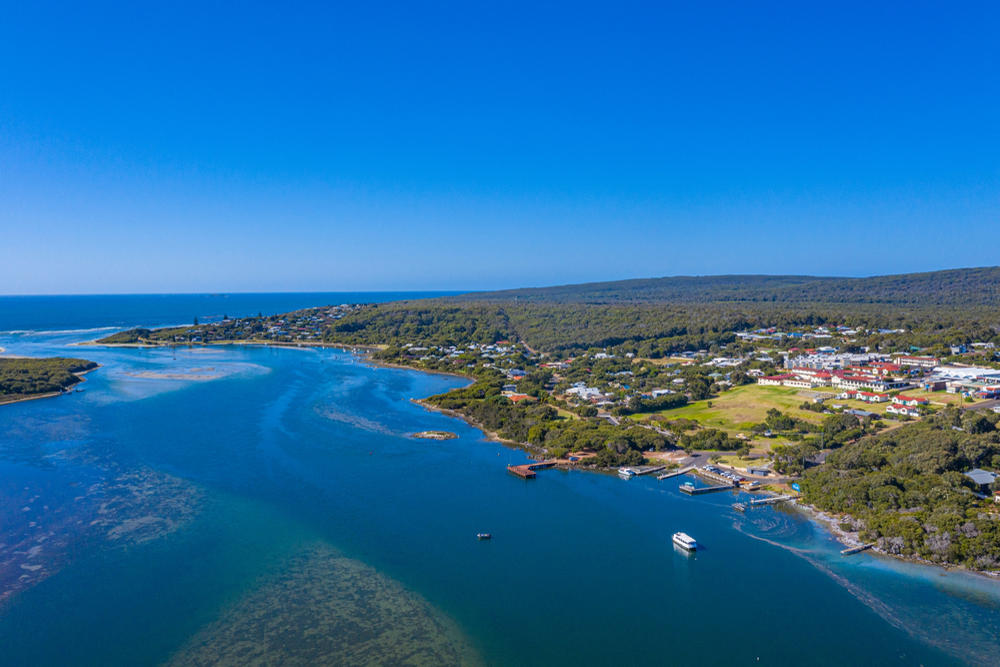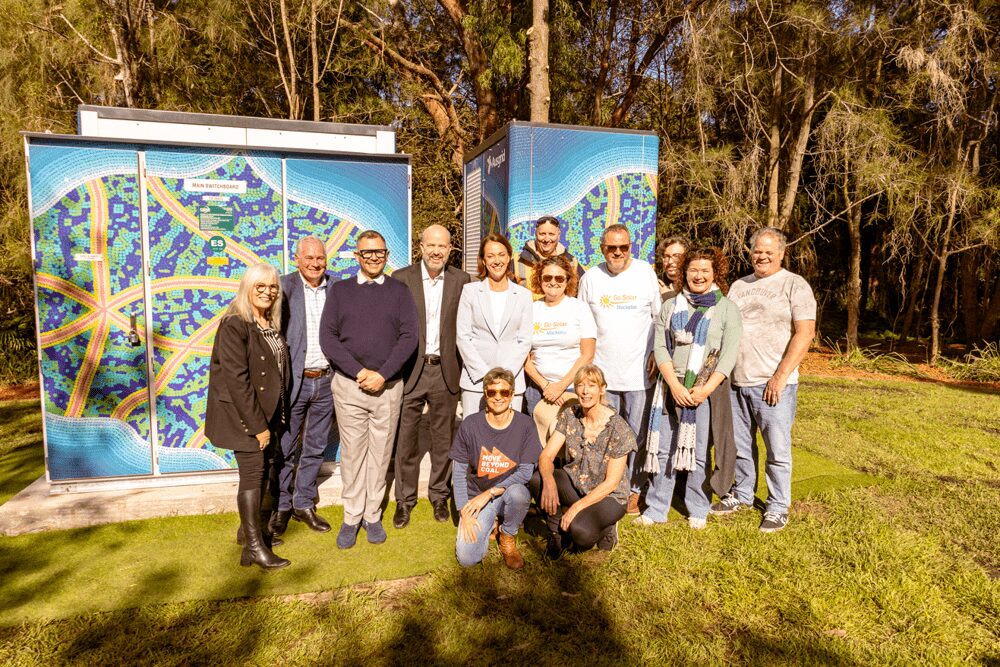
Australia is one of a list of major-emitting countries that is over-relying on carbon offsets to meet its Paris Climate Agreement commitments, according to the 2023 update to the Land Gap Report led by Dr Kate Dooley at the University of Melbourne.
The update analyses Nationally Determined Contributions (NDCs), confirming that countries will need around one billion hectares — larger than the entire area of the USA — to implement land-based climate mitigation pledges, putting unfeasible stress on food production, ecosystems and livelihoods.
Australia’s current climate pledges require 19 million hectares, which, if reasonably high rainfall is assumed, would commit over 25 per cent of the country’s arable zone to carbon offsets.
Carbon offsetting in Australia’s dry area would require four times as large an area.
The data shows that just a handful of high-income, major-emitting countries’ climate pledges account for more than three quarters of the total land required for global carbon offsetting commitments, indicating that these economies prefer to continue business as usual and offset their emissions, rather than implement policies and measures to phase out fossil fuels.
The short list of countries includes the US, Canada, Australia, and Saudi Arabia.
The original ground-breaking Land Gap Report, released at COP27 in Sharm El Sheikh, placed significant doubt over the transparency of countries’ NDCs and raised the alarm that this extent of land-based activities cannot be achieved without causing negative impacts on livelihoods, land rights, food production and ecosystems.
Throughout 2023, scientists and analysts have further updated the report, producing a new Land Gap Report Briefing Note, by taking into consideration more data, including almost 40 updated country climate pledges and low-emissions development strategies.
Climate Resource Senior Analyst Alister Self, who led the data review, said: “Countries’ climate pledges continue to rely on unrealistic amounts of land-based carbon removal.”
It is expected that COP28 will deliver on the first Global Stocktake (GST) under the Paris Climate Agreement, a milestone point in climate negotiations that should inform countries every five years on increasing ambition in national pledges, to do more to address the climate crisis.
Currently, country pledges are not on track and put the world on a disastrous trajectory of up to three degrees of warming, according to the IPCC AR6 Synthesis Report.
University of Melbourne Research Fellow and lead author of the Land Gap Report Dr Dooley said: “If countries negotiating the GST at COP28 fail to take this opportunity to address the land gap in Dubai, they will not have another chance to do so for another five years.
“If the world is to stay below 1.5 degrees of warming, it is essential that NDCs are transparent and credible, not relying on false solutions like biological carbon offsetting and bioenergy carbon capture and storage.
“The GST needs to prioritise a phase-out of fossil fuels and discourage countries from continuing to over-rely on land to offset their high emissions.”











